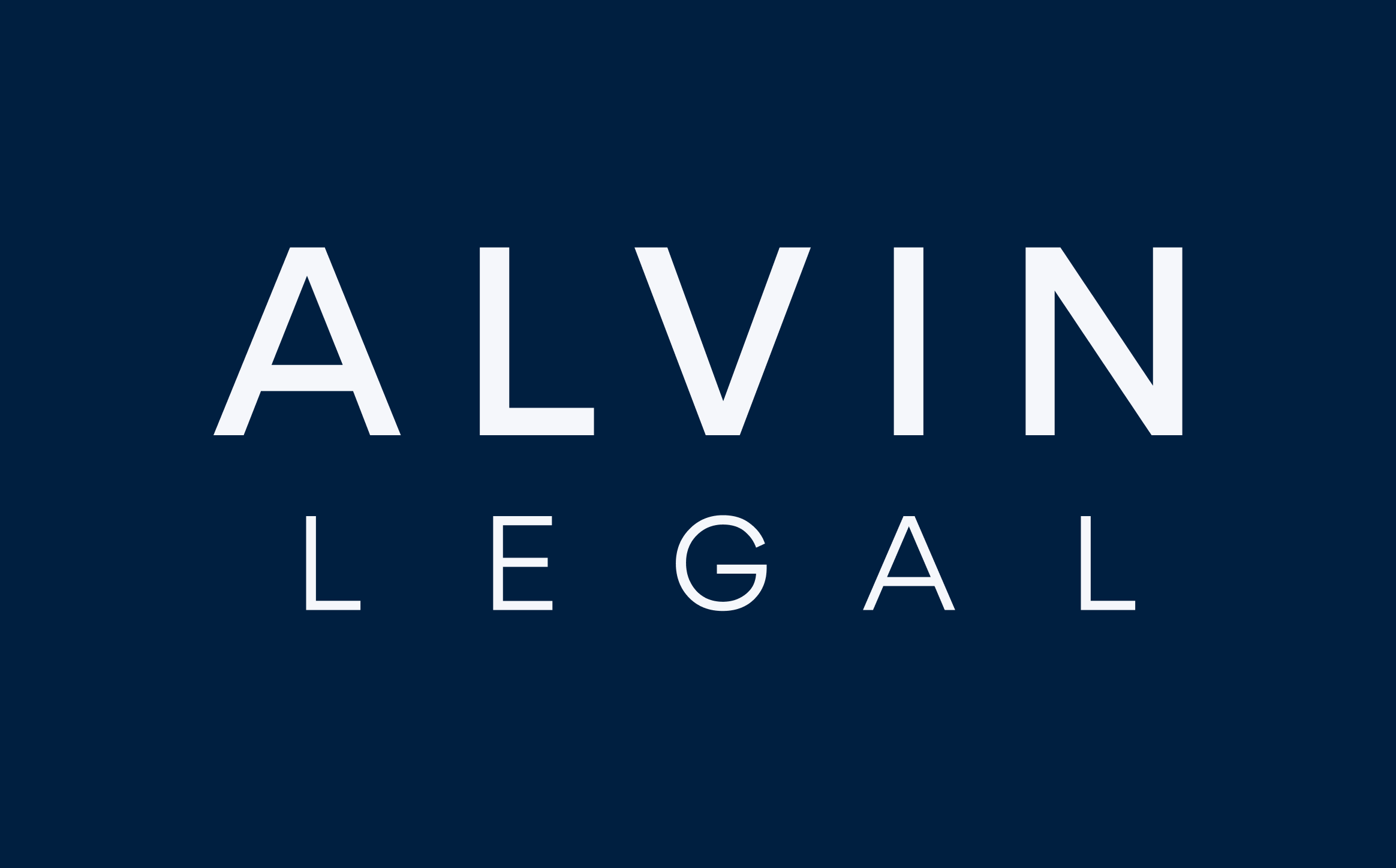Category: Raising

What are SAFE Notes?
Safe Notes – Introduction The simple agreement for future equity (commonly known as a SAFE note) is an equity financing instrument that was released by Y Combinator in late 2013 (and updated in 2018). The SAFE note was designed to accelerate the seed funding round for startups by providing a standard, short document (usually five…

How to Raise Capital For a Startup
Overview Having a scalable business model is the key feature of a startup, and scaling up requires cash. That is why raising capital becomes a common key activity for startup founders. In this article we will look at: Stages of startup funding The stages of startup funding are: Due diligence Before investing in a startup or raise…

Employee Share Schemes Explained
Employee Share Schemes Overview An employee share scheme (ESS), for the purposes of Australian income tax laws, is where an employee receives shares (or options to acquire shares) in their employer at a discount. Companies, particularly early stage start-ups, use employee share schemes (also known as employee stock option plans, or “ESOPs”) to attract, retain…

Tax Consolidations Explained
Overview Tax consolidation is where an eligible corporate group elects to be treated as a single entity for income tax purposes. During consolidation, each subsidiary member will lose its individual tax identity, and its assets, liabilities and transactions will be treated as that of the head company. A consolidated group consists of a head company and wholly-owned…

Selective Share Buy-Backs Explained
Overview A selective share buy-back is where a company only buys back shares held by a specific shareholder. This is different from an equal share buy-back where the company buy-back shares from all ordinary shareholders in proportion to the number of ordinary shares they hold. A selective share buy-back involves a reduction in capital, and…

Giving Financial Assistance Under The Corporations Act
Overview A company may only financially assist a person to acquire shares in the company if the company complies with Part 2J.3 of the Corporations Act 2001 (Cth) before proceeding with the transaction. The most common example of a company giving financial assistance is where the company gives a guarantee or indemnity and grants a security interest…






